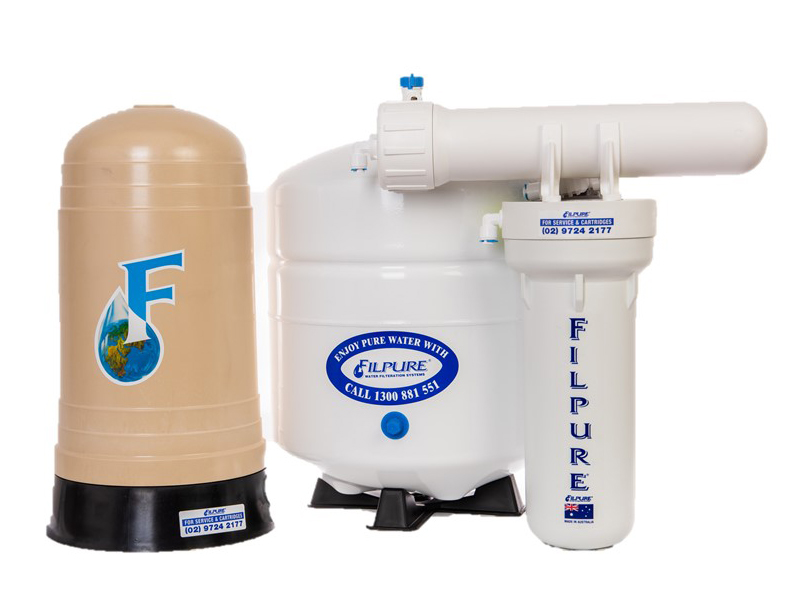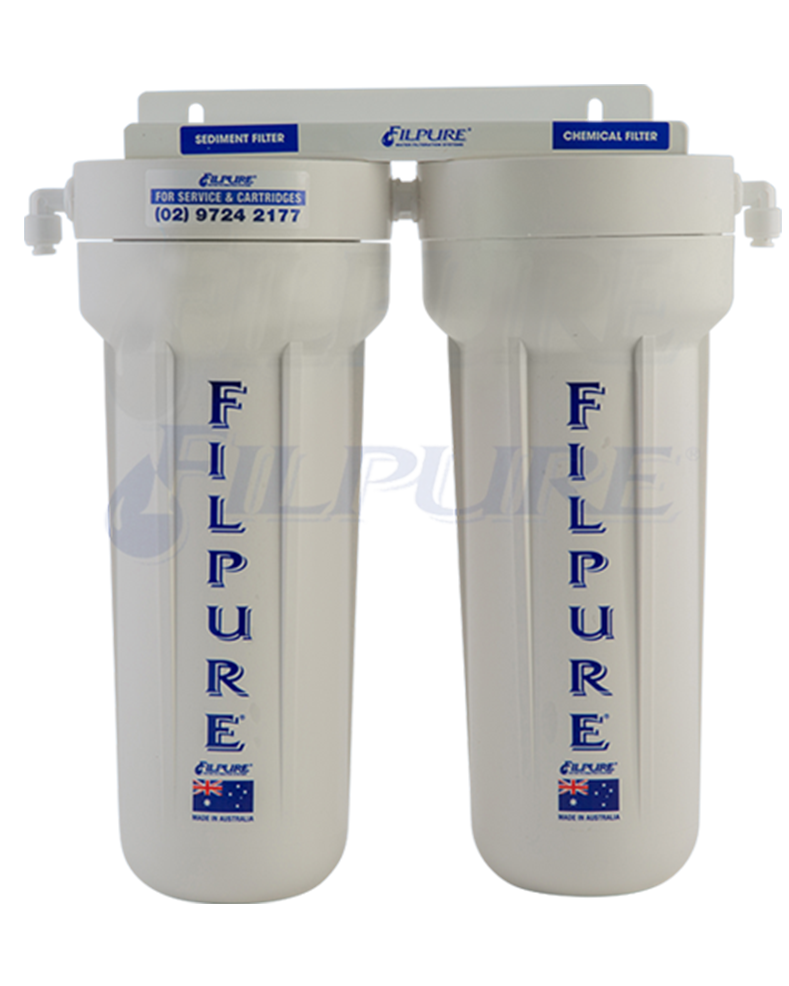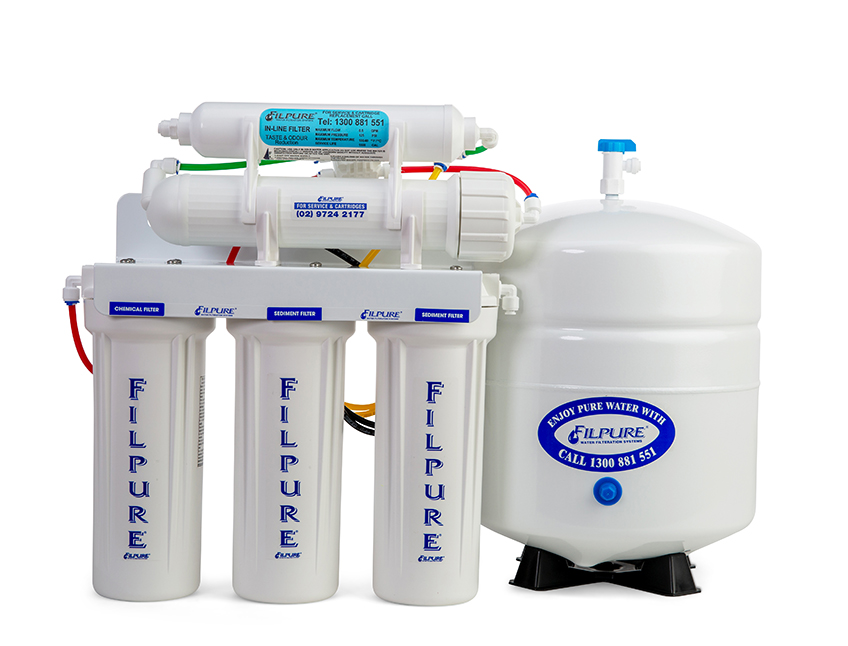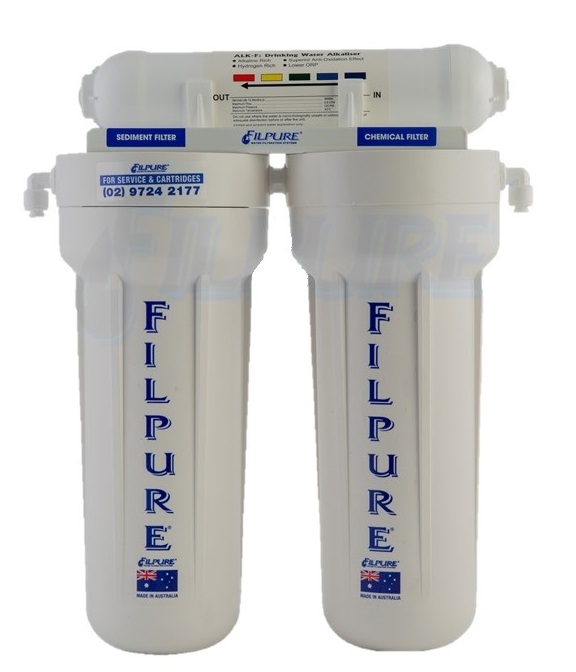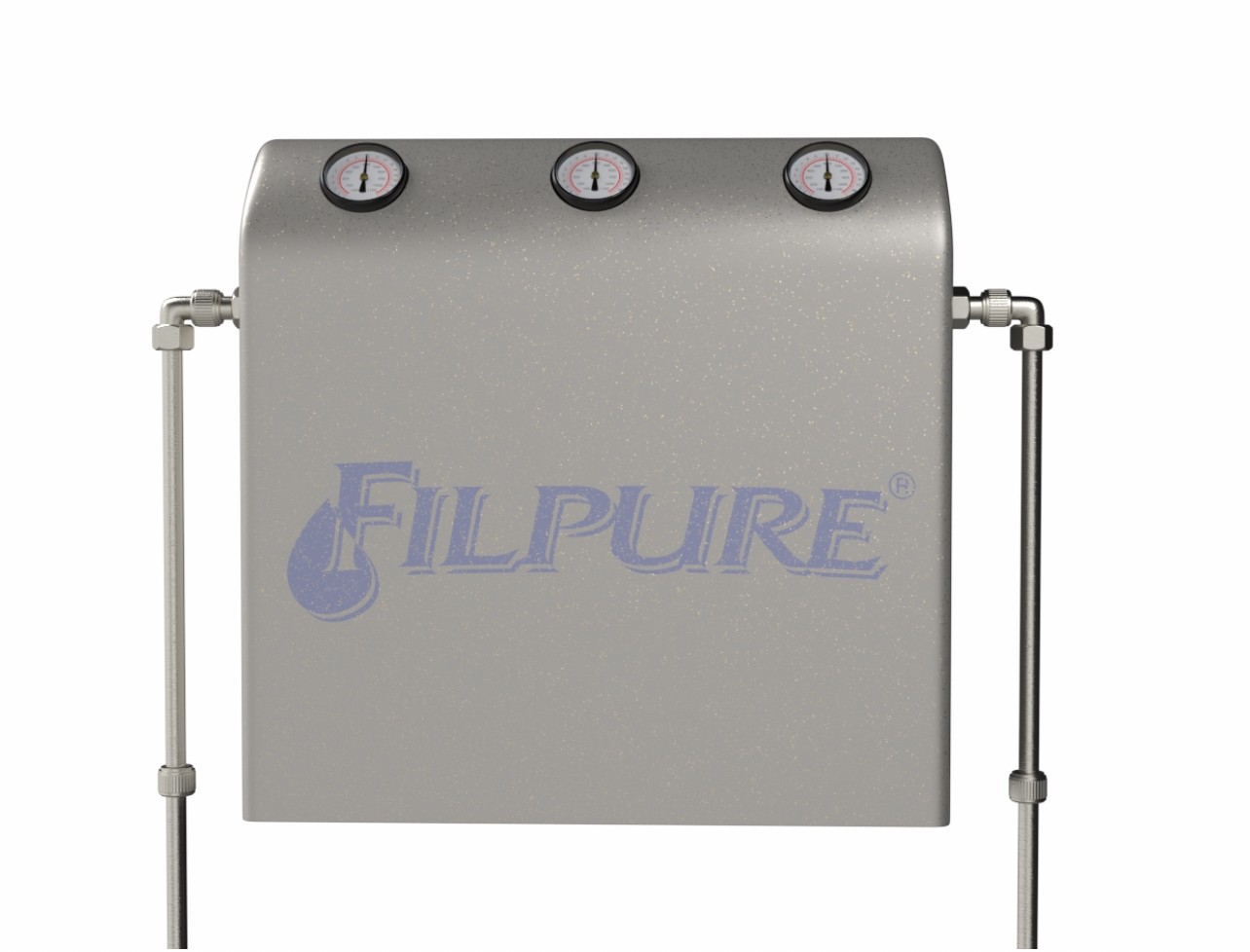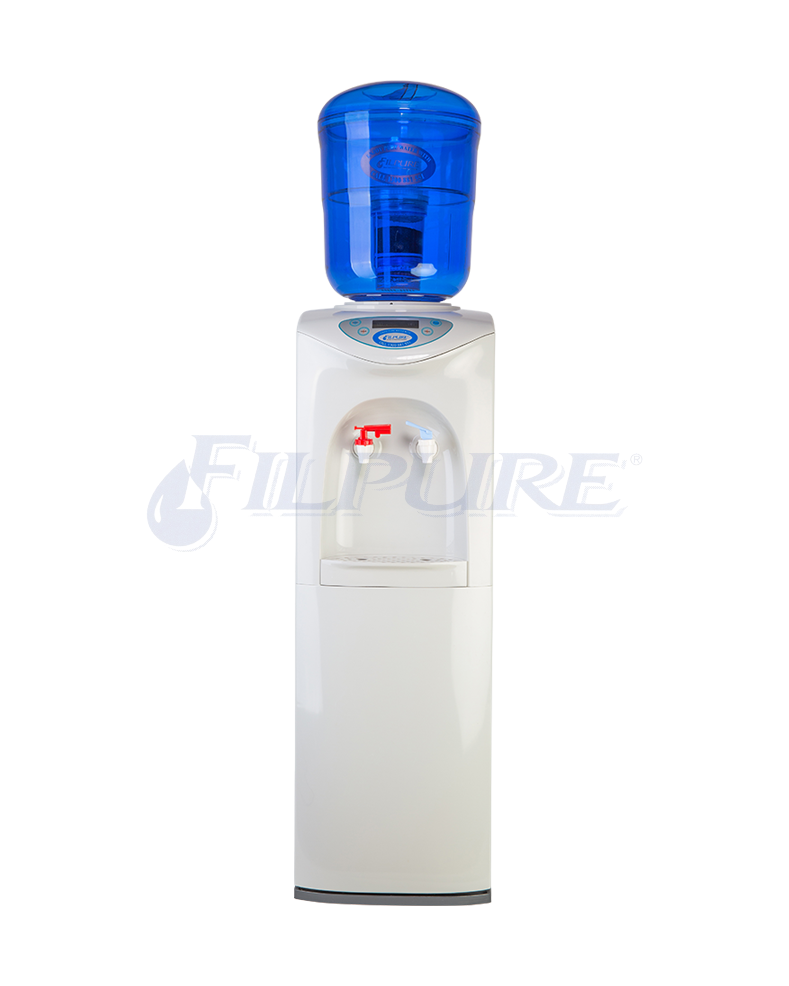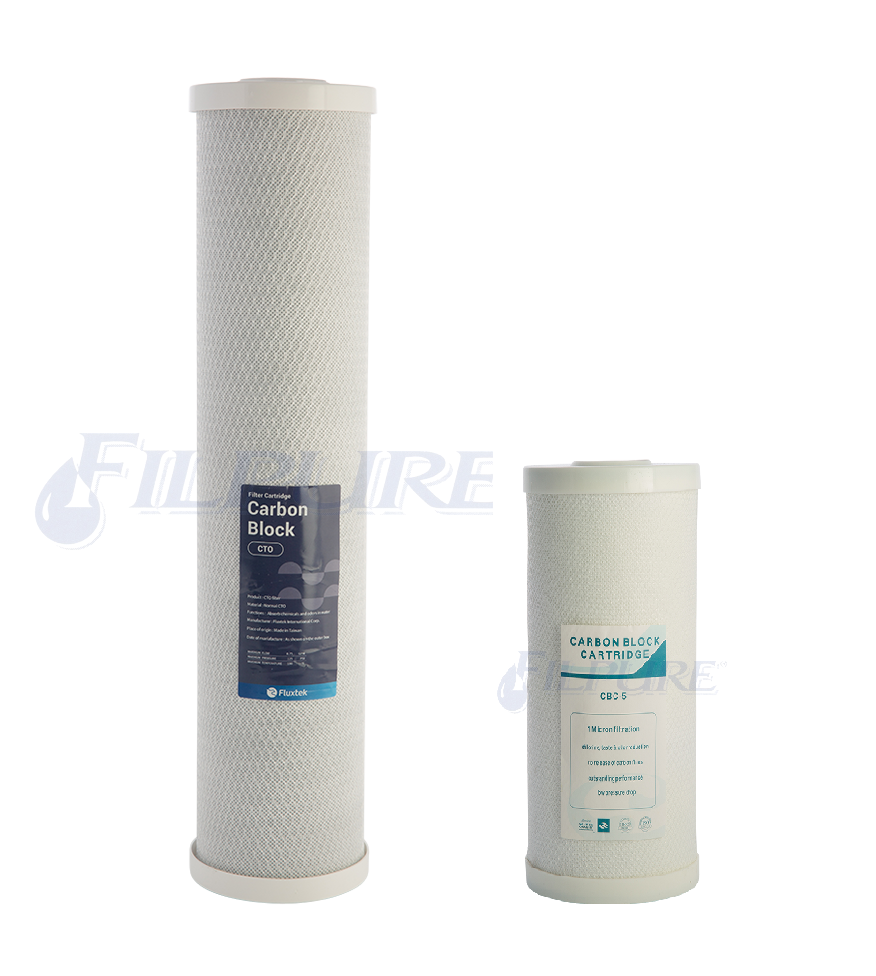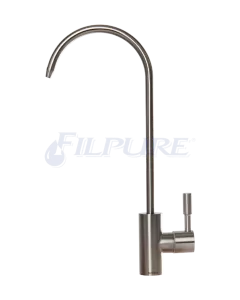Combatting PFAS Contamination: Safeguarding Water Quality
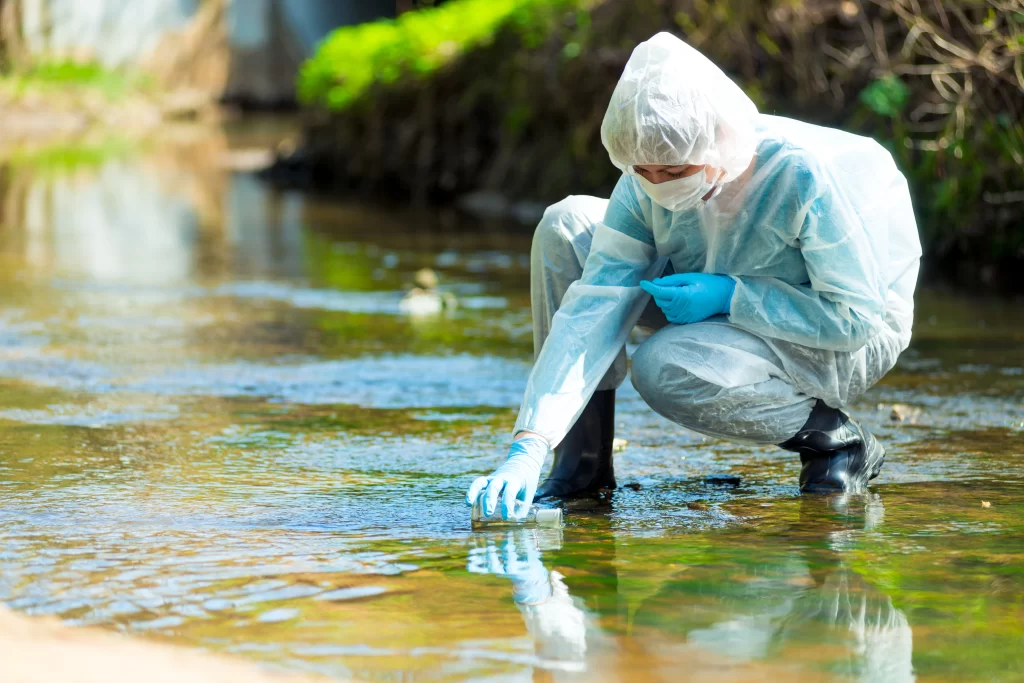
In the modern world, the pervasive presence of per- and polyfluoroalkyl substances (PFAS) in water supplies presents a critical challenge.
These synthetic chemicals, prized for their water- and grease-resistant properties, have unfortunately infiltrated water sources, posing substantial health risks.
To address this pressing issue, the Biden administration has established maximum contaminant levels for six types of PFAS in drinking water, signalling a growing recognition of the urgency of the problem.
Government Intervention: Ensuring Water Safety
Research conducted by the Environmental Working Group (EWG) suggests that been exposed to PFAS through their drinking water.
With potential health hazards such as cancer and liver damage looming, decisive government action is essential.
Regular testing of drinking water for PFAS, coupled with transparent reporting of results, is imperative to safeguard public health.
Accountability for Polluters: Holding Responsible Parties to Task
Debate swirls around whether certain PFAS polluters should be exempt from cleanup obligations. However, exempting these entities could undermine broader efforts to combat PFAS contamination.
It’s crucial that all polluters are held accountable for cleaning up PFAS, ensuring the protection of long-term water supplies and public health.
Public Concern and Awareness: Addressing Apprehensions
With maximum contaminant levels established, public concern regarding PFAS contamination is on the rise. This heightened awareness is justified given the persistence and potential health impacts of PFAS in water.
Empowering individuals with tools like EWG’s drinking water database is essential, enabling them to check for contaminants and take steps to minimize exposure.
Products Containing PFAS: Identifying Risks
PFAS lurk not only in nonstick cookware but also in everyday products like makeup, fast-food wrappers, and water-repellent clothing. Each category of products presents unique concerns, from dermal exposure to ingestion. Stricter regulations and consumer awareness are vital to mitigate these risks.
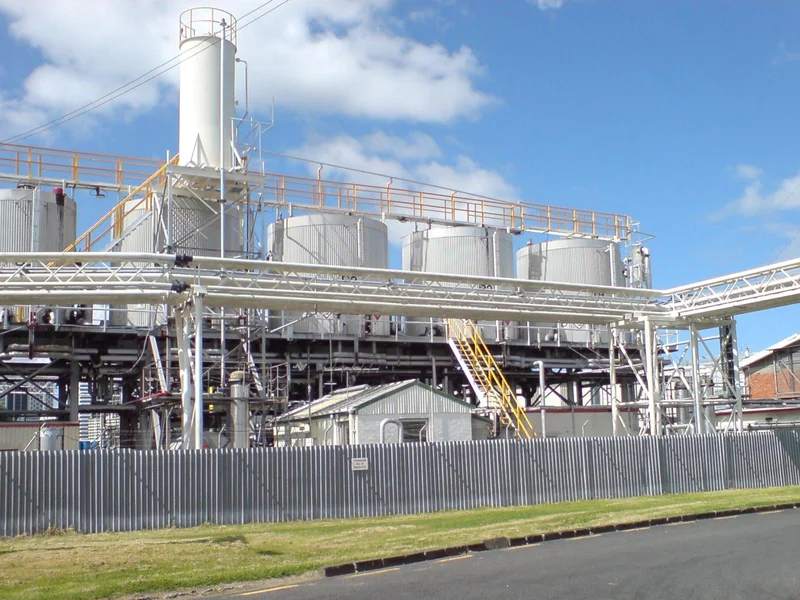
The Urgent Call for Support: Sustaining the Battle Against PFAS
The fight against PFAS requires ongoing support.
Donations to organizations like EWG play a pivotal role in sustaining efforts to combat contamination. Contributions, no matter the size, are essential to drive progress in this critical Endeavor.
Effective Water Filtration Solutions: Ensuring Water Purity
To combat PFAS contamination at the consumer level, advanced water filtration systems like Filpure Water Filtration Systems offer effective solutions.
Utilizing methods like reverse osmosis and activated carbon adsorption, these systems remove a wide range of contaminants, including PFAS, ensuring safe and pure drinking water. With certifications like NSF/ANSI 42 and NSF/ANSI 61, consumers can trust in the quality and reliability of Filpure’s products.
Conclusion:
Addressing PFAS contamination requires a collective effort involving government action, public awareness, and support for organizations dedicated to this cause. By advocating for transparency, staying informed, and investing in effective water filtration solutions, we can work together to mitigate PFAS risks and secure a healthier future for generations to come.


